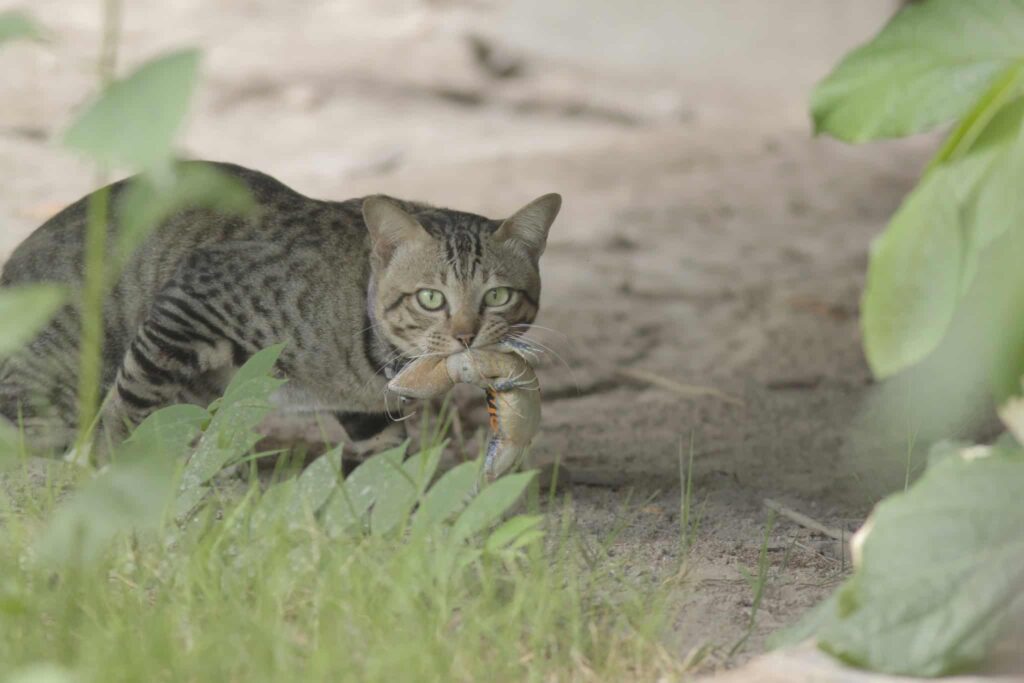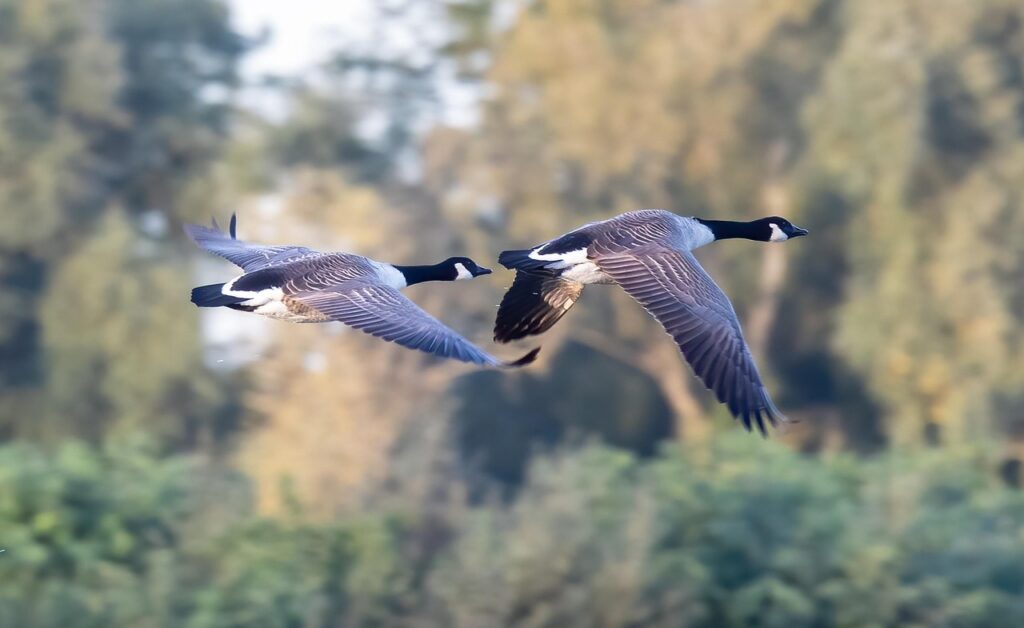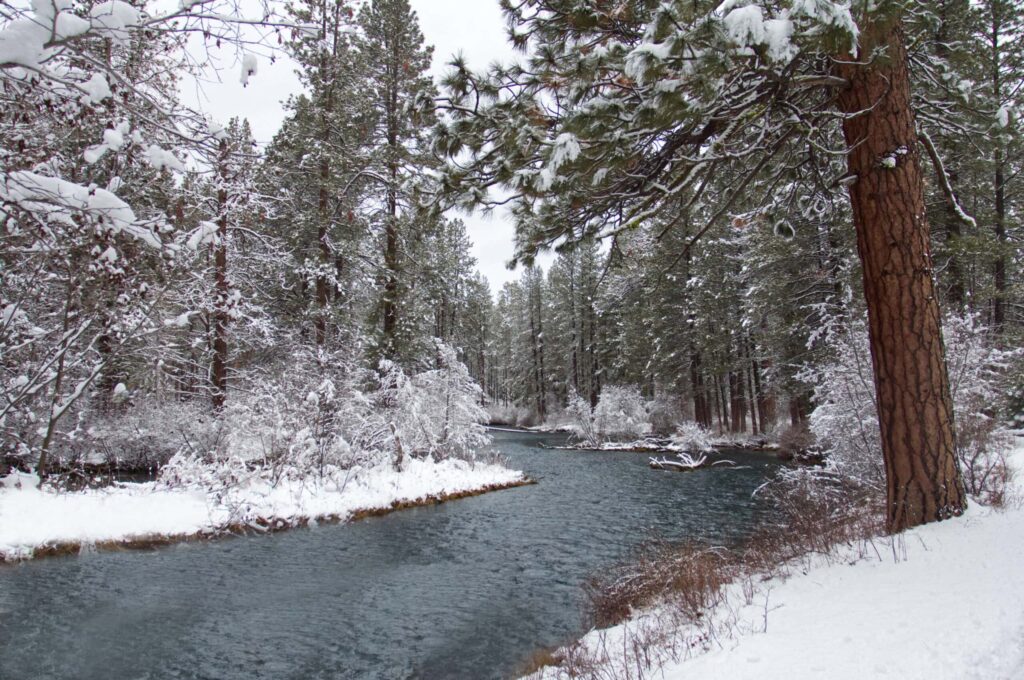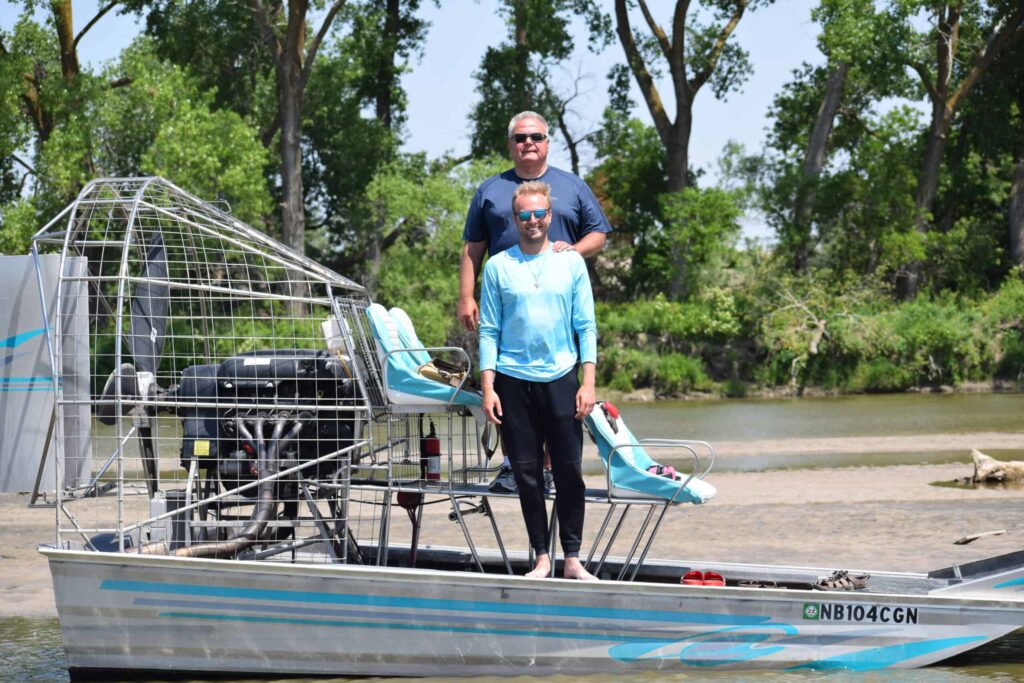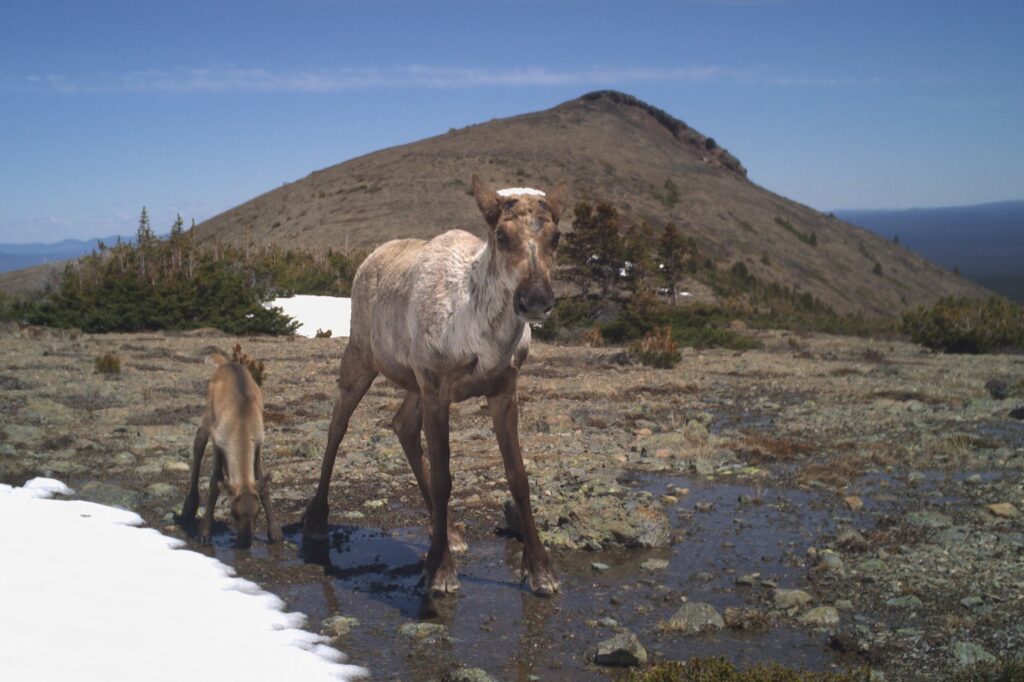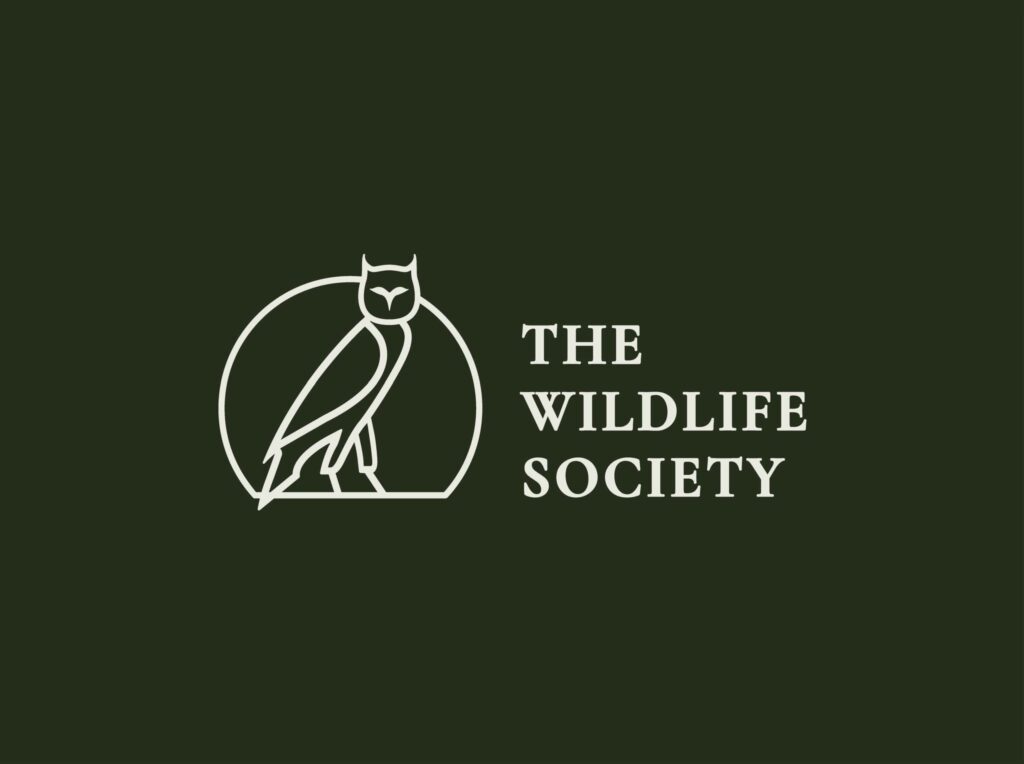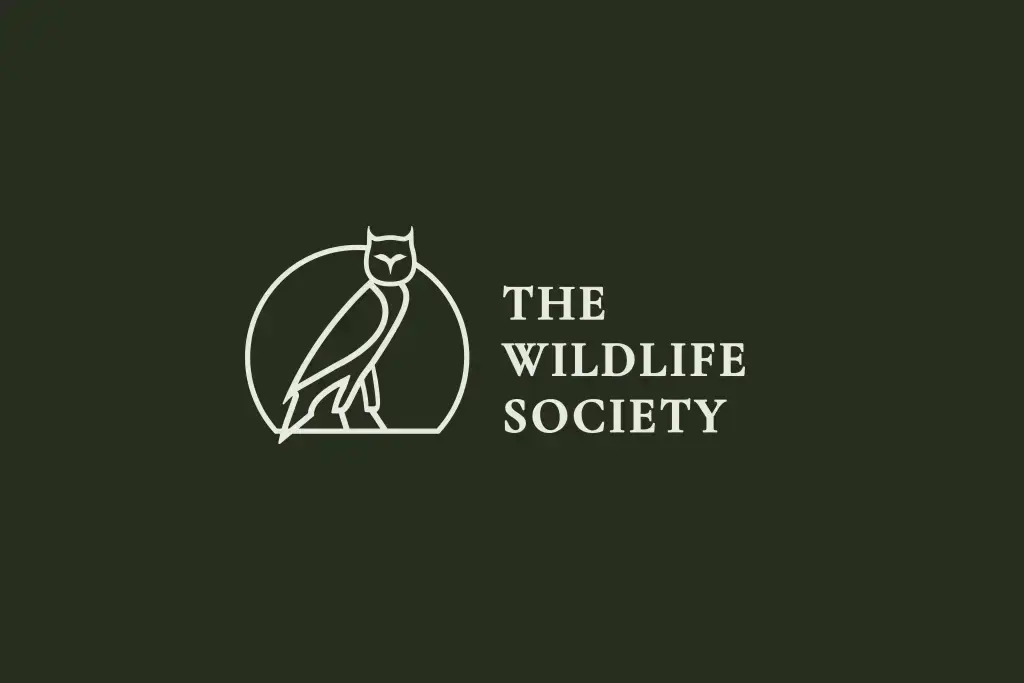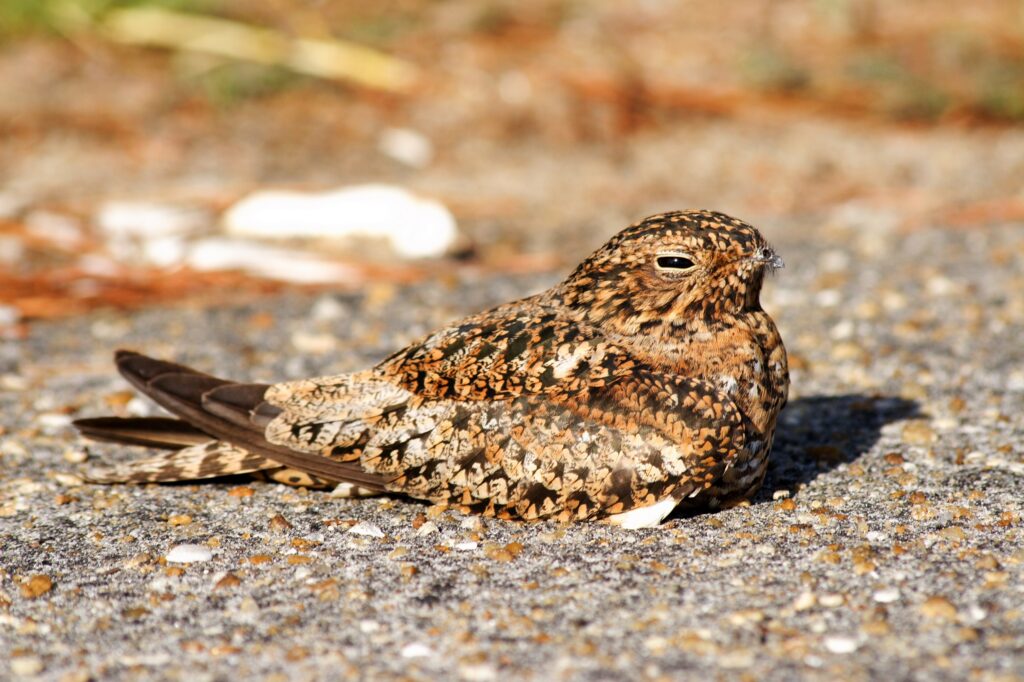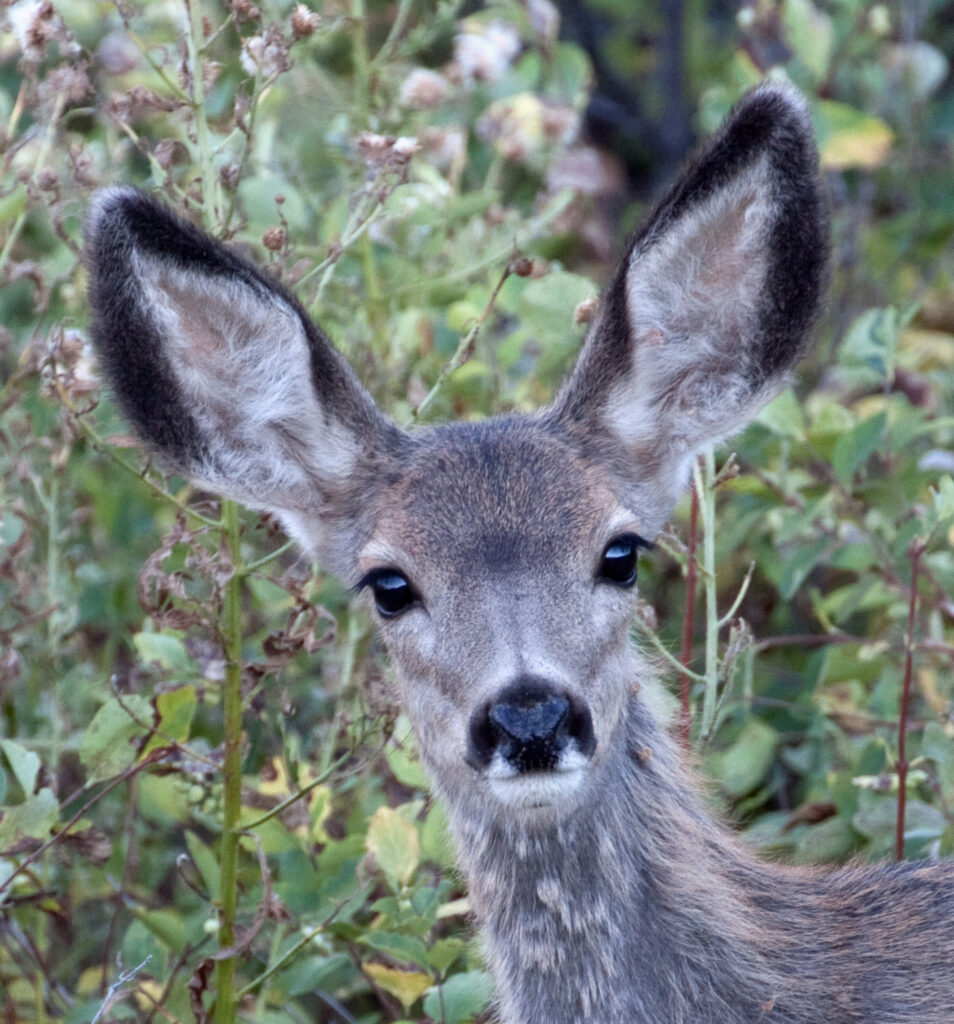The winners of TWS’ 2023 publication awards include information about wildlife stewardship on Tribal lands, research on the response of greater sage-grouse to sagebrush reduction treatments in Wyoming, the effects of climate change on dispersal of reptiles and amphibians in the southwestern United States and more.
Here are the publications and authors that took this year’s prizes.
Terry Bowyer won the award for authored book for their publication Sexual Segregation in Ungulate: Ecology, Behavior, and Conservation. Bowyer’s book brings together his past four decades of work studying ungulates and the large carnivores that prey on them. He investigates the phenomenon of how different species living apart has far-reaching consequences for ungulate behavior.
Serra Hoagland and Steven Albert earned the best edited book award for their book, Wildlife Stewardship on Tribal Lands: Our Place is in Our Soul. The publication brings together Native American and Indigenous scholars, wildlife managers, legal experts and conservationists from dozens of Tribes to share their philosophies, histories, principles and practices for wildlife stewardship.
The book, The Codex of the Endangered Species Act: The First Fifty Years, earned Lowell Baier and Christopher Sega the award for best biography and history of wildlife management. As 2023 marks the 50th anniversary of the Endangered Species Act, the authors take readers through the history of the act, including its complexity and controversy.
For best monograph, Kurt Smith, Jason Levan, Anna Chalfoun, Thomas Christiansen, Stanley Harter, Sue Oberlie and Jeffrey Beck earned the award for their publication Response of greater sage-grouse to sagebrush reduction treatments in Wyoming big sagebrush. The paper follows a nine-year experiment looking at if mowing and herbicide application affected sage-grouse (Centrocercus urophasianus) reproduction success, survival and other factors.
Richard Inman, Todd Esque and Kenneth Nussear earned the award for best journal paper for their article, Dispersal limitations increase vulnerability under climate change for reptiles and amphibians in the southwestern United States. In this paper, the team modeled 23 taxa of amphibians and reptiles in North American deserts and found that under the most optimistic climate scenario, 76% of their study area may experience a loss of more than 20% of the species they looked at.
The article, Arresting the spread of invasive species in continental systems, earned Daniel Hofstadter, Nicholas Kryshak, Connor Wood, Brian Dotters, Kevin Roberts, Kevin Kelly, John Keane, Sarah Sawyer, Paula Shaklee, H Anu Kramer, RJ Gutiérrez and M Zachariah Peery the best student paper award. In this paper, the authors demonstrate the success of removing the barred owl (Strix varia) to benefit the spotted owl (Strix occidentalis) in California.
Corbin Kuntze, Jonathan Pauli, Ceeanna Zulla, John Keane, Kevin Roberts, Brian Dotters, Sarah Sawyer and M. Zachariah Peery also took home the student paper award for their publication, Landscape heterogeneity provides co-benefits to predator and prey. Their article explored the idea that heterogeneous landscapes containing prey refuges can benefit both predator and prey populations by looking at the California spotted owl (Strix occidentalis occidentalis) and its, prey the dusky-footed woodrat (Neotoma fuscipes).
Article by The Wildlife Society